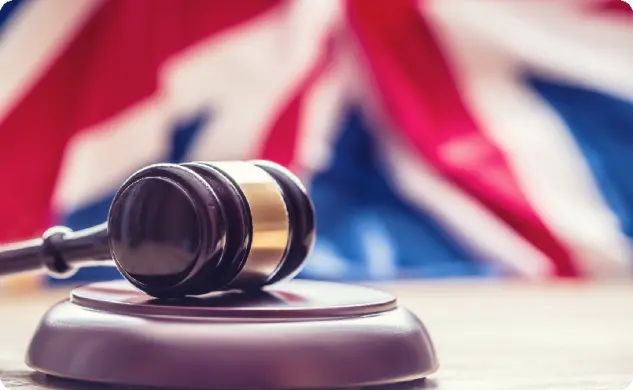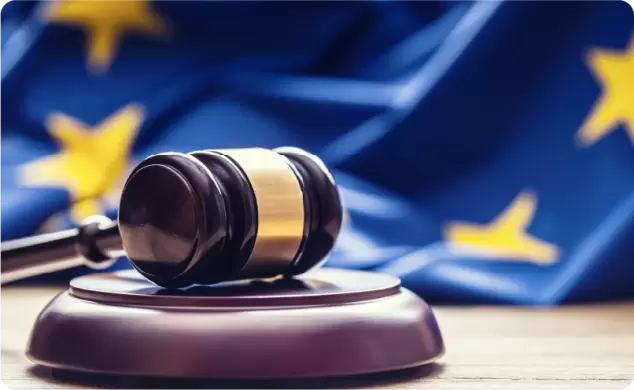The European Green Deal for sustainability.
- Thu, August 22, 2024
- 2 minute read

The urgent reality of climate change
The Intergovernmental Panel on Climate Change (IPCC) has emphasised that climate change is no longer a distant threat; it's a pressing reality with far-reaching consequences. The planet's rising temperature is causing widespread disruption to ecosystems, economies, and societies.
The IPCC warns that if we don't act quickly, climate change effects may become permanent by 2030. Coral reefs, vital marine ecosystems, face extinction, while extreme weather events like floods, droughts, and heatwaves are increasing in frequency and intensity. These changes disproportionately impact vulnerable populations, contributing to poverty and displacement.
The European Green Deal: A path to sustainability
In response to the scientific consensus on climate change, the European Union launched the Green Deal in 2019. This ambitious plan outlines a roadmap for Europe to become the world's first climate-neutral continent by 2050.
The European Green Deal represents a significant initiative aimed at addressing the challenges posed by climate change. By prioritising sustainability, innovation, and social equity, the EU is taking a leading role in the global effort to mitigate and adapt to climate change. The effectiveness of these efforts hinges on continued collaboration and implementation across all levels of governance.
Core areas of the Green Deal
The Green Deal encompasses a wide range of initiatives focused on:
- Environmental protection: Reducing pollution, protecting biodiversity, and transitioning to a circular economy.
- Economic transformation: Fostering innovation, creating green jobs, and ensuring a competitive economy.
- Social equity: Ensuring a just transition that leaves no one behind.
Key initiatives of the Green Deal
To achieve its ambitious goals, the European Union has introduced several key initiatives:
Fit for 55 package
This package of legislation aims to reduce net greenhouse gas emissions by at least 55% by 2030 compared to 1990 levels. It covers various sectors, including energy, transport, and industry.
European climate law
This law enshrines the 2050 climate neutrality target into binding legislation, providing a clear framework for climate action.
Battery regulation
To support the transition to clean energy, the EU has introduced strict regulations for the battery industry, covering sustainability, safety, and recycling. Read more about this regulation in our article.
Chemicals strategy
Addressing the pervasive issue of chemical pollution, the EU's chemicals strategy aims to protect human health and the environment while fostering innovation in the chemical industry.
Forest strategy
To combat deforestation and forest degradation, the EU has implemented measures to prevent the sale of products linked to deforestation within the EU market. These measures are set out in the EU Deforestation Regulation (EUDR). Read more about the EUDR in our article.
More information about the European Green Deal
You can consult the following webpages for more information on the European Green Deal:
Related articles
The following Gaston Schul website articles are related to the European Green Deal:
Do you have any further questions about the European Green Deal?
If you have further questions about the European Green Deal, you can contact our customs experts. Complete the form on the right and a member of our team will respond within one business day.




